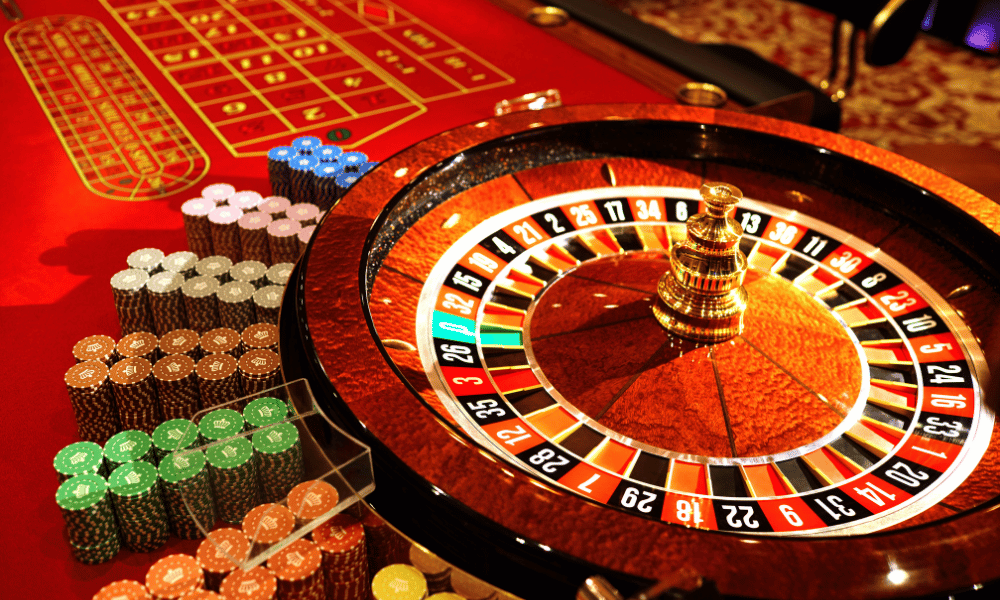Introduction:
Lotteries have been captivating the human imagination for centuries, offering a tantalizing promise of fortune with the purchase of a simple ticket. From the excitement of the draw to the dreams of instant wealth, togel deposit pulsa 10 ribu tanpa potongan have become a global phenomenon, enticing millions to try their luck in the hope of turning their fortunes around. In this article, we delve into the world of lotteries, exploring their history, the psychology behind the allure, and the impact they have on individuals and societies.
A Brief History of Lotteries:
Lotteries trace their roots back to ancient times, with evidence suggesting that the concept dates as far back as the Han Dynasty in China around 200 BCE. Throughout history, lotteries have been used to fund various public projects, including the construction of roads, bridges, and even the Great Wall of China. In the 15th century, lotteries gained popularity in Europe as a means of financing the construction of cathedrals and other public structures.
Lotteries in the Modern Era:
Fast forward to the modern era, and lotteries have evolved into a global phenomenon with countless variations and formats. Governments, charitable organizations, and private entities organize lotteries with the aim of raising funds for public welfare, education, healthcare, and various other causes. The allure of potentially winning a life-changing sum of money continues to draw people from all walks of life.
Psychology of Lottery Participation:
The psychology behind lottery participation is a fascinating aspect of human behavior. The prospect of winning big activates the brain’s reward centers, triggering feelings of anticipation and excitement. Psychologists point out that the mere act of buying a lottery ticket can provide a sense of hope and optimism, even if the chances of winning are statistically slim. For many, the fantasy of what they would do with newfound wealth is as much a part of the appeal as the actual winnings.
Impact on Individuals and Society:
While lotteries offer the possibility of transforming lives overnight, it’s essential to acknowledge both the positive and negative impacts they can have on individuals and society. On the positive side, lottery funds contribute significantly to public services and charitable causes, supporting initiatives that might otherwise lack financial backing.
However, on the flip side, the allure of instant wealth can lead to problematic behavior, such as excessive gambling and financial irresponsibility. For some, the dream of winning big can become an obsession, leading to financial strain and addiction. Governments and regulatory bodies play a crucial role in implementing measures to ensure responsible gaming and to address the potential negative consequences associated with lottery participation.
Conclusion:
Lotteries have embedded themselves deeply in our cultural and historical tapestry, offering a unique blend of hope, excitement, and the promise of a better future. Whether viewed as a form of entertainment or a means of supporting public causes, lotteries continue to capture the imagination of millions worldwide. As we navigate the complex landscape of chance and fortune, it’s essential to approach lottery participation with a sense of responsibility and awareness, recognizing both the potential rewards and the risks associated with the pursuit of luck.



